Washington and Kabul: Is a New Chapter in Relations on the Horizon?
The recent visit of American diplomats to Kabul may signal the first cautious steps towards a possible normalization of relations between the United States and the Taliban movement.
Politics
11.04.2025, 18:49
Share:
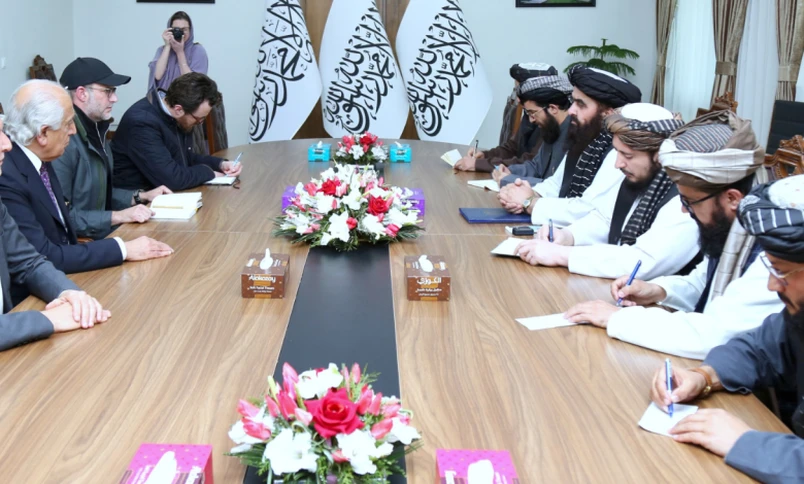
On March 21, 2025, an American delegation led by former US Special Representative for Afghanistan, Zalmay Khalilzad, arrived in Kabul. The delegation held a meeting with the Taliban's Foreign Minister, Amir Khan Muttaqi, discussing bilateral relations, the release of detainees, and consular services for Afghans in the United States. As a result of the negotiations, the Taliban released American citizen George Glezman, who had been imprisoned for more than two years.
Immediately after the visit, several events took place, which, although appearing unrelated, are likely connected to the beginning of a reassessment of US policy in Afghanistan.
The first and most symbolic event was the US decision to cancel the $10 million reward for information leading to the capture of Sirajuddin Haqqani, the acting Minister of Interior for Afghanistan and one of the leaders of the Haqqani network. Although the American side has not officially confirmed the cancellation, the absence of this reward from official resources can be perceived by the Taliban as a signal of the US's willingness to engage in dialogue. Notably, this happened shortly after the release of American citizen George Glezman.
The second indicative event was the removal of anti-American slogans from the walls of the former US embassy in Kabul, which appeared after the American troops' withdrawal in 2021. Taliban authorities called it routine maintenance, but the timing—coinciding with the visit of American diplomats—cannot be considered accidental. Rather, it suggests the Taliban's intention to demonstrate readiness to improve relations.
The third event, the murder of a Chinese citizen in Takhar province by Islamic State militants, indirectly demonstrates Afghanistan's internal instability and vulnerability to external threats. This incident highlights the complexity of the situation in the country and could affect China's plans to include Afghanistan in its global "Belt and Road" initiative.
The threat of losing Afghanistan to China, especially given the significant financial and human resources invested by the US in the country over two decades, forces Washington to cautiously reengage. Afghanistan, with its vast reserves of rare-earth metals (about 1.4 million tons valued at up to $3 trillion), remains attractive to global powers. The US, having spent over $2 trillion on the military campaign and stabilization of Afghanistan, does not want to allow Afghan resources to fall entirely under Beijing's control.
Moreover, the US retains substantial instruments of influence, the most important being the frozen Afghan assets amounting to approximately $7 billion, held in American financial institutions. Unfreezing these funds could significantly improve Afghanistan's economic situation, serving as an essential bargaining chip in negotiations with the Taliban. Additionally, the US maintains influence through international organizations and the potential for humanitarian aid, which remains crucial for the current Afghan authorities.
At the same time, American diplomacy is cautiously probing the possibility of rapprochement with the Taliban. The US decision will depend on the Taliban's willingness to compromise and cooperate on key issues, such as human rights and security.
Another important factor is the Taliban's fight against drug production. The introduction of a ban on opium poppy cultivation has led to a sharp decrease in cultivated areas in recent years. Despite a slight increase in 2024 to 12.8 thousand hectares (compared to 232 thousand hectares in 2022), this progress remains significant. The US might use the fight against drugs as a reason for a gradual rapprochement with the Taliban.
Thus, the current US strategy likely involves a cautious return to Afghanistan aimed at preventing the country from fully falling under Chinese control. These are just the initial steps, and it is too early to speak of active rivalry with China, but the prerequisites for the beginning of a new diplomatic game have already been laid.
Jaloliddin Ibragimov
Junior research fellow, Institute for Advanced International studies
Politics
11.04.2025, 18:49
Share:
Latest news

Paradigma Media Honors Eight Voices in Journalism and Civil Society
Cultural
02.02.2026, 19:18

Canadian singer David Carroll addresses Uzbeks
Uzbekistan
25.10.2025, 14:19

Man Caught Smuggling 5.2 Billion UZS Worth of Gold Jewelry from Kyrgyzstan into Uzbekistan
Uzbekistan
18.07.2025, 10:07
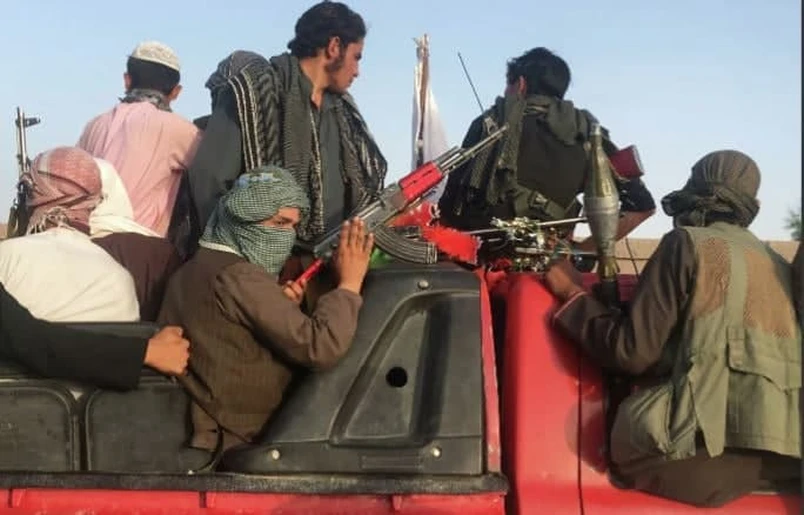
Are the Taliban's actions in Badakhshan part of their foreign policy tactics?
World
15.07.2025, 10:57
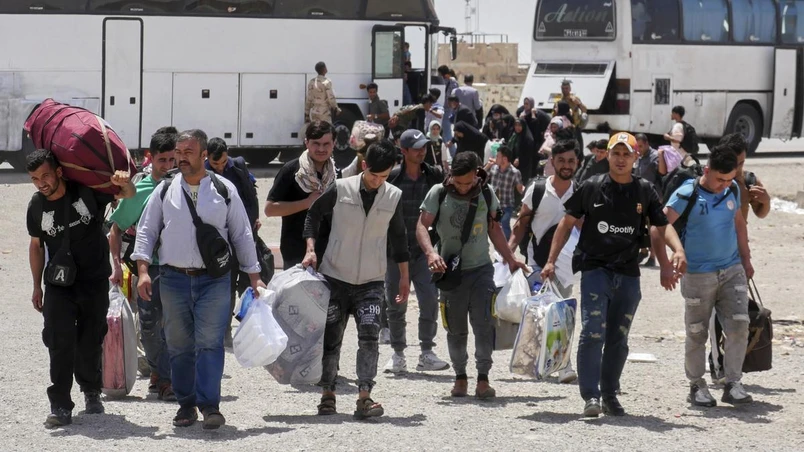
Iran and Afghanistan: A New Wave of Deportations
Politics
11.07.2025, 12:20
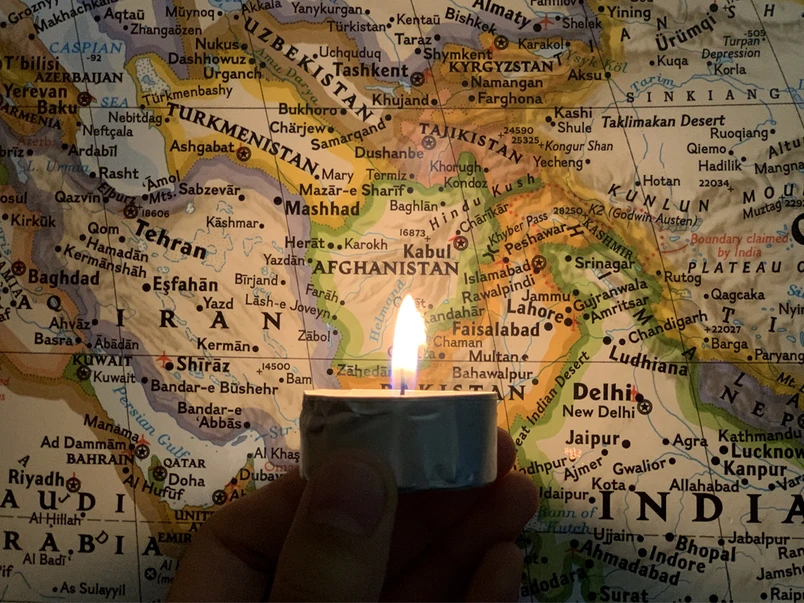
Afghanistan on the Geopolitical Chessboard of the Middle East
World
01.07.2025, 13:07
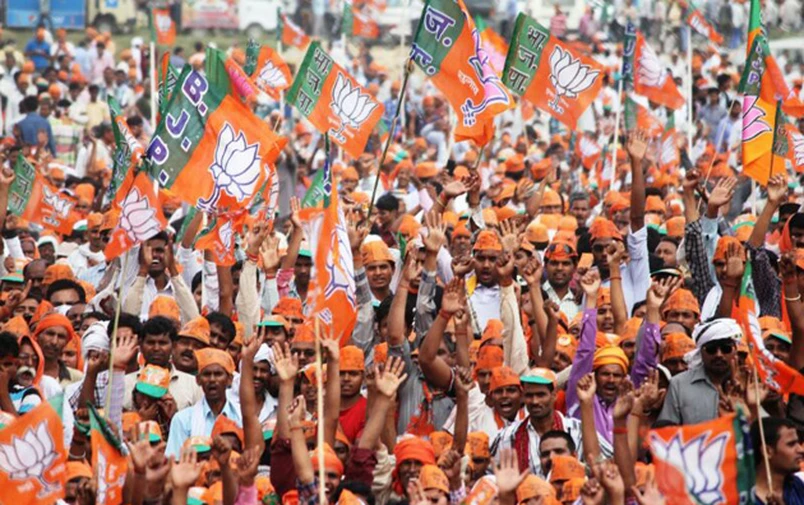
The Impact of India’s Nationalist Policy on Domestic Political Stability and Territorial Integrity
Politics
30.06.2025, 11:38
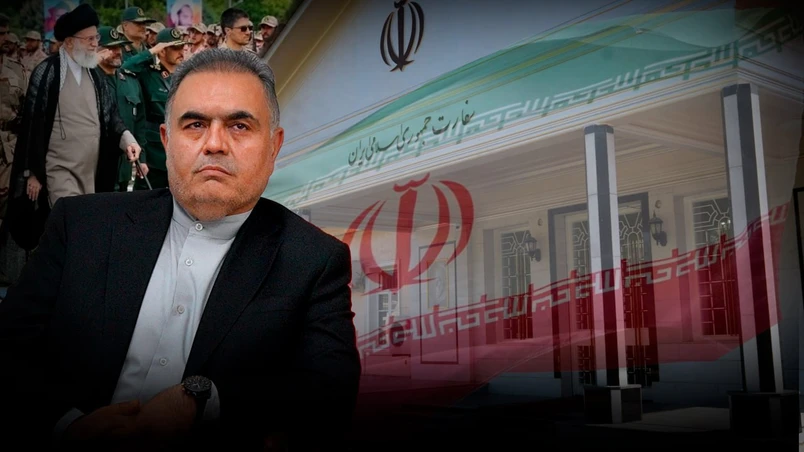
Embassy Statement: The U.S. and Israel Bear Full Responsibility for All Such Conflicts
Politics
25.06.2025, 13:18
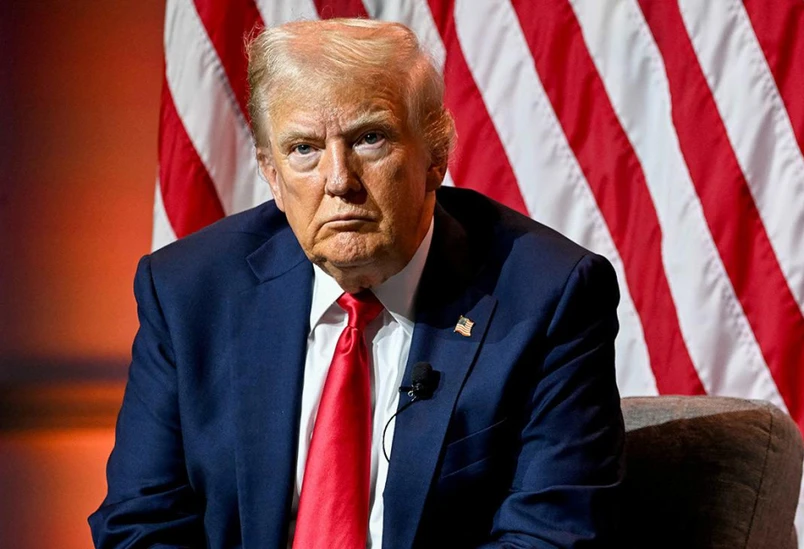
Trump Calls for Iran’s Unconditional Surrender – NYT
World
18.06.2025, 00:53
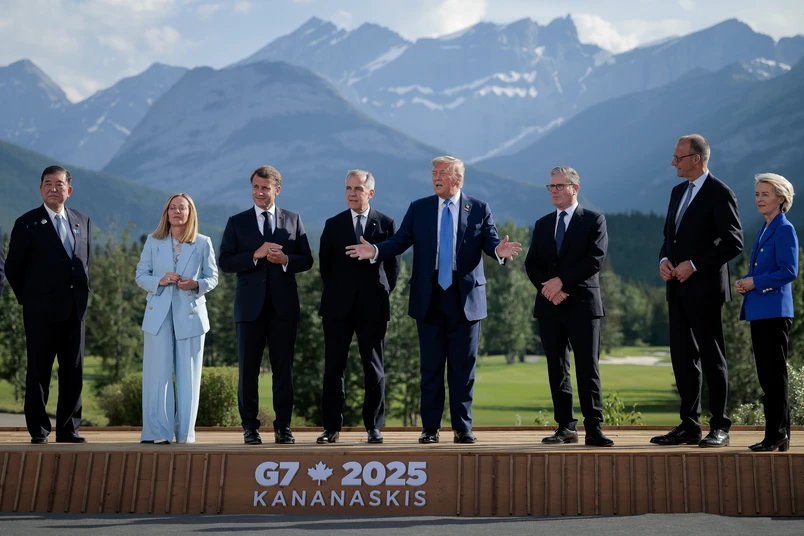
G7 Fully Supports Israel – Media Reports
World
17.06.2025, 14:44
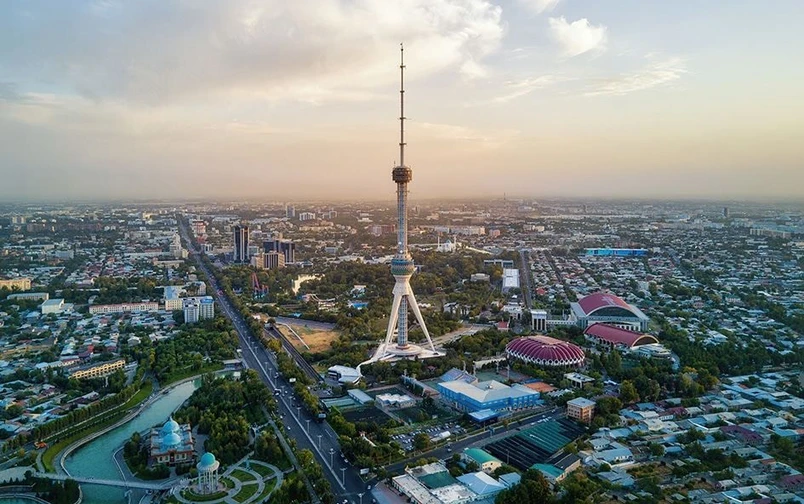
In Afghanistan, Abandoned by NATO and the U.S., Uzbekistan Implements a New Strategy
Politics
09.06.2025, 15:47
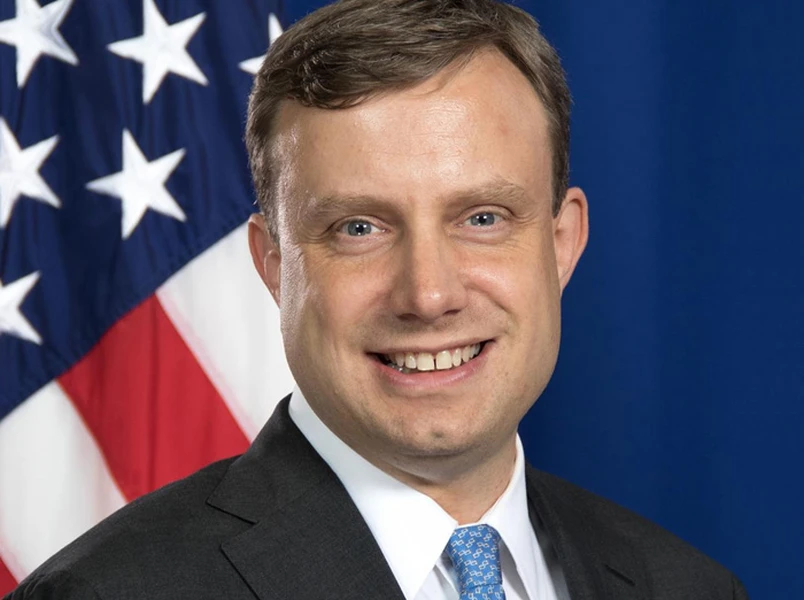
Eric Meyer, Senior Official of the U.S. Bureau of South and Central Asian Affairs, to Visit Uzbekista
Politics
09.06.2025, 13:53


